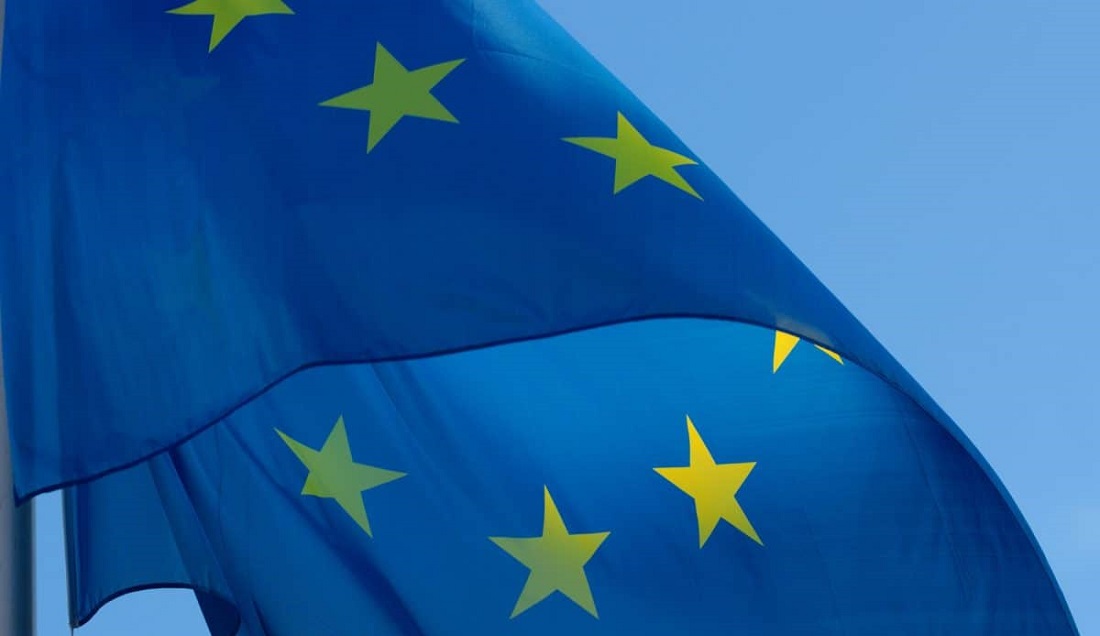
Pressure grows in the EU to expand the list of products banned due to deforestation
Feb, 23, 2022 Posted by Gabriel MalheirosWeek 202208
Several European Union (EU) agriculture ministers defended on Monday, February 21, the expansion of the list of commodities to be banned in the European market due to deforestation and forest degradation, which tends to increase pressure on Brazilian exports shortly.
In its November 2021 proposal, the European Commission, the EU’s executive arm, listed six commodities to be targeted, based on impact studies and representing the bulk of EU-induced deforestation: palm oil (33.95 %), soybeans (32.83%), wood (8.62%), cocoa (7.54%), coffee (7.01%) and beef (5.01%).
At a meeting of agriculture ministers today in Brussels, under the leadership of France, Belgium advocated the evaluation of the environmental impact of sugar cane, for example, for future expansion of the list — Brazil is the world’s largest producer and exporter of sugar.
The German agriculture minister, Cem Oezdemir, one of the leaders of the Green Party, defended progressive tightening of regulation to protect forests. Several others defended the current list of six or continuation of feasibility studies to include products on the list that will be closed in the coming weeks or months. The German minister also supported the EU’s plan to demand “deforestation-free” products, whether legal or illegal.
To this end, the European Commission proposes implementing a mandatory due diligence system for all operators and traders who place listed products on the EU market. In addition, there will also be a ranking on the risk of the country of origin or production of the commodity.
However, reflecting the view of many ministers, Portugal’s agriculture minister, Maria do Céu Antunes, stated that “meeting such high standards would increase the final cost of the products.” In addition, there is a risk that other nations would perceive the EU as a less attractive market for their exports, given that global demand for raw materials and goods is increasing.”
She emphasized that this worry is developing in the case of raw ingredients for animal feed. Spain agreed and appealed for caution in drafting the law, adding that “we are countries who rely on imports of these products.”
Source: Valor Econômico
To read the full original article, please visit:
-
Ports and Terminals
Aug, 07, 2020
0
Grain exports in Paranaguá port´s export corridor are up 10% YoY between Jan-June 2020
-
Ports and Terminals
May, 12, 2023
0
Vila Velha Port: R$ 550 million investment expands fuel storage
-
Shipping
Mar, 11, 2024
0
Antaq creates task force to assess cabotage services for rice transportation across Brazil
-
Shipping
Dec, 02, 2024
0
Maersk Completes Order for 20 Dual-Fuel Ships

